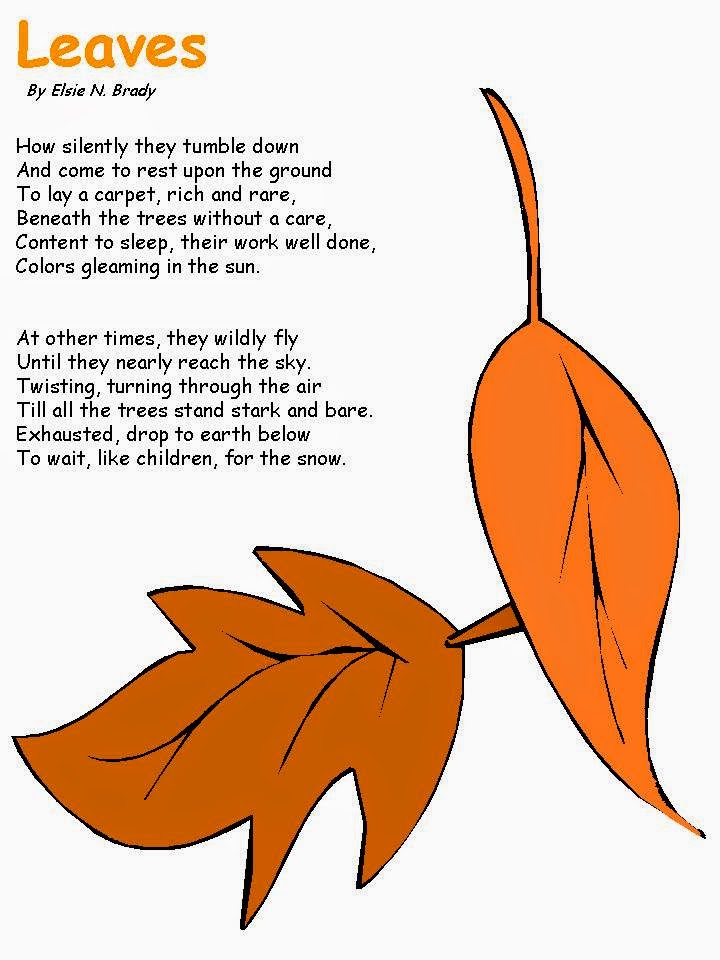All staff this week planned various activities that support Physical Development both fine and gross motor skills. Miss Sallie planned an activity using the leaves from out in the garden alongside the Leaves Poem by Elsie N. Brady. This activity supports a child's gross motor skills by using the whole arm and body to re-trace the vertical lines where the leaves are going to fall to the floor or have fell to the floor.
The children used their fine motor skills to colour in their own Flat Stanley picture before cutting it out. Some children find scissors easy to use and can cut with little or no assistance, others use scissors that are designed to be used with an adult and cut together to support the cutting action and grip of the scissors while other children are at the spring loaded scissors which supports the stage they are at with using scissors.
The children learn about their wider community throughout their year at Brambles. The topic is introduced with a story of Flat Stanley by Jeff Brown. In the story, Stanley Lambchop wakes up one morning to find a notice-board had dropped on him in the night, leaving him happy and healthy, but is only half an inch thick. It's a little unusual, but he finds he can fly like a kite and can even be sent on holiday through the post! Once the children have coloured and cut out their Flat Stanley's, staff laminate each one and a letter that explains the story and ask if their Flat Stanley could go on it's travels as far as possible. Over the years Brambles have had some fantastic photos, diaries, letters with postcards and memorabilia that has been returned to pre-school to share with the children so they can see lots of different communities and places. One past Brambles family continue to take their Flat Stanley on their travels and continue to share photos of his travels with pre-school! Brambles staff are looking forward to seeing how far this years Flat Stanley's will travel!
EYFS Links
Physical development involves the muscles in the whole body. There are two groups of motor skills; Gross and Fine. Gross motor skills are the large muscles and fine motor skills control the precision of the muscle movements.
Gross Motor Skills - Sitting, standing, walking, running, and balancing. Also throwing, riding a bike, scooting, lift objects etc. It is really important that these muscles are used and developed to build muscle tone and strength. These muscles in turn support a child's fine motor skills.
Fine Motor Skills - Writing, drawing, grasping objects, tearing, cutting, controlling a computer mouse and picking up a small objects with the index finger and thumb (pincher grip).
Significance - To enable a child to pick up a small object, it requires awareness and planning from the central nervous system to muscles. Muscles require strength, coordination and sensation to synchronize the muscles and movements.
Home links - Physical development can easily be enjoyed at home through many activities that are probably already been carried out:
- Running around the garden or skipping to pre-school, jumping in puddles, slithering across the floor, rolling on the bed, crawling under and over objects at the park etc
- Climbing up the stairs one foot on each step and coming down the stairs two feet each step carrying a small object
- Balance on one foot whilst waiting in a queue
- Catching a large ball
- Draws big lines and circles with chalk or water on a paintbrush on the wall or floor
- Tearing, snipping and cutting with fingers and scissors
- Picking up corn kernels, uncooked rice, uncooked small pasta etc with pincer grip
- 'Writing' a shopping list with a crayon, pencil, pen on paper
Health and self-care - Physical Development also includes health and self-care in the EYFS. These statements include:
- Observes effects on their body
- Tell a grown up they are hungry , tired, or want to rest or play
- Attends to their own toileting needs
- Is usually dry and clean during the day
- Wash and dry own hands
- Dresses with help
- Eats a variety of foods
- Puts objects such as cutlary or scissors away safely
- Can manage some risks independently i.e. jumping off an object
Next week is half term. The children have their Autumn Treasure Bags to fill with their families and staff will be busy planning for a shared week: Understanding the world - Technology. Gadgets and technology will be explored along with pulleys, flaps, leavers and more!




No comments:
Post a Comment